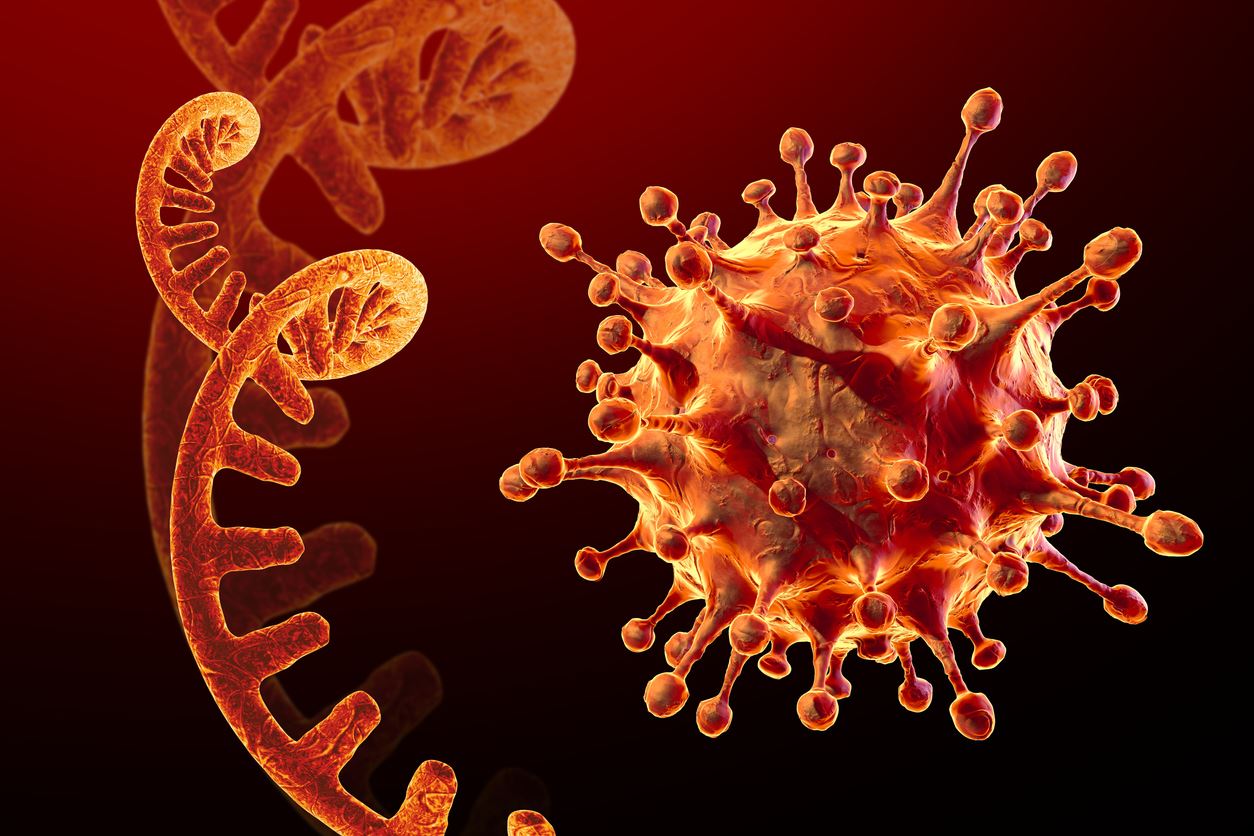|
 Gov. JB Pritzker's administration released a pair of reports Friday analyzing how the state responded to the COVID-19 pandemic and outlining how it should prepare for future public health emergencies. [Health News Illinois] Gov. JB Pritzker's administration released a pair of reports Friday analyzing how the state responded to the COVID-19 pandemic and outlining how it should prepare for future public health emergencies. [Health News Illinois]
“Following a once-in-a-century event like the COVID-19 pandemic, it is critical that we take the time to thoroughly study how our state responded to the emergency and seek to learn lessons that will put us in a stronger position the next time such an all-of-government response is required,” Pritzker said.
The COVID-19 After-Action Report, conducted by the Department of Public Health, found positives in how the state handled health equity in the rollout of vaccines, with Illinois ranking first among all Midwest states in vaccination rates for Hispanic residents and second for Black residents.
The report credited a central response from state government and partnerships with nonprofits and other community organizations for encouraging vaccine uptake.
However, it found that state agencies had little planning for such an emergency, and that the early response was hamstrung due to public health organizations having limited data infrastructure and “outdated technology platforms.”
“Response leaders were hampered in data-driven decision making due to these constraints, and significant manual processes were required to fill the gap,” the report said.
Other challenges included the inability to measure health equity needs due to those data limitations, inconsistent messaging from local health departments and “bureaucratic hiring processes and high attrition (that) led to persistent staffing challenges across the state response.”
The report called on the state and local organizations to invest in technology and data systems to ease data collection, multi-agency coordination and hiring.
Efforts must also be taken to expand public health messaging to better engage communities and partner with local organizations to rebuild public trust.
The playbook laid out 14 steps the state should take to establish, activate and deliver a statewide response to future emergencies. Undertaking those efforts, the report said, would allow state agencies to mobilize with other branches of government, health systems and other stakeholders on a coordinated response.
“Reimagining public health in Illinois to best prepare for future public health emergencies requires careful evaluation and implementation of lessons learned,” said IDPH Director Dr. Sameer Vohra.
The reports dropped Friday, the first anniversary of when the COVID-related public health emergency declarations expired.
|
